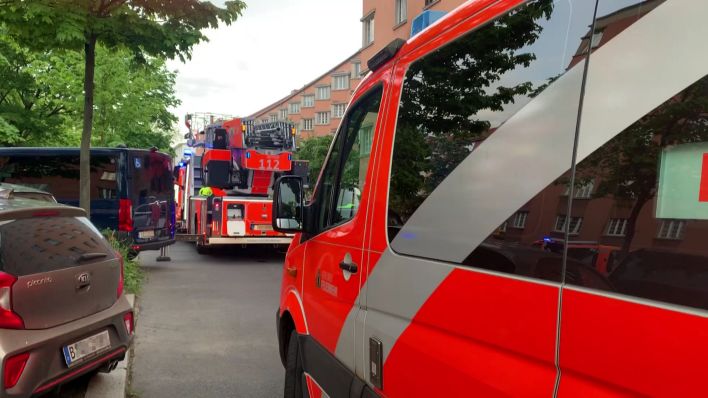

In the United States, the H5N1 bird flu virus is spreading among cows, and even milk from supermarkets is affected. Researchers fear that the Mo flu...


W czwartkowy wieczór w pożarze mieszkania w Berlinie-Schöneberg rannych zostało dziewięć osób. Jak poinformowała w piątek rbb berlińska straż pożarna, mieszkanie na drugim piętrze sześciopiętrowego apartamentowca...


Aby zmniejszyć obciążenie finansowe ludzi i wyeliminować niepotrzebne odpady elektroniczne, w Niemczech powinien teraz istnieć ujednolicony kabel do ładowania różnych urządzeń. Pod koniec roku ujednolicone kable...


W 2023 roku Netflix będzie nadal dostarczał nam mnóstwo nowych filmów z całego świata. Od hitów internetowych po międzynarodowe produkcje i wskazówki dotyczące festiwali: jest tu...
Tytoń jest substancją rakotwórczą, powoduje starzenie się skóry i szkodzi płodności. Większość ludzi dzisiaj wie, że palenie jest szkodliwe dla zdrowia. W połowie ubiegłego stulecia sytuacja...


Stan na: 26 kwietnia 2024 o 13:56 Poszukiwani następcy trenera Jurgena Kloppa Liverpool FC Wydaje się, że wiele zależy od Holendra Arne Slotta z Feyenoordu Rotterdam....


Ta wiadomość zasmuca nerdów: Z80, jeden z najbardziej wszechstronnych 8-bitowych procesorów w historii, zostanie wycofany z produkcji po prawie 48 latach. Ze stosunkowo jasnym przesłaniem Producent...


Homepage Policy was standing: April 26, 2024, 5:20 am from: Patrick Mayer He pressesDivides Britain is set to supply Ukraine with heavy guided bombs to help...


Rosja ostrzega Polskę przed rakietami nuklearnymi Minister rolnictwa Ukrainy rezygnuje po oskarżeniach o korupcję Więcej informacji na blogu informacyjnym. Najważniejsze rzeczy w skrócie Ukraina może odebrać...


Strona główna konsument stał: 26 kwietnia 2024, 4:52 z: Jennifer Lanzinger NaciskaDzieli Ponieważ zakazany dodatek może mieć działanie szkodliwe genetycznie, popularny produkt dla dzieci jest obecnie...